How much do the Selling Sunset houses cost? And other important real estate questions
Is it good for us to aggressively Google what it would cost to live in a luxury mansion in Beverly Hills? Probably not, but we’re going to do it anyway.
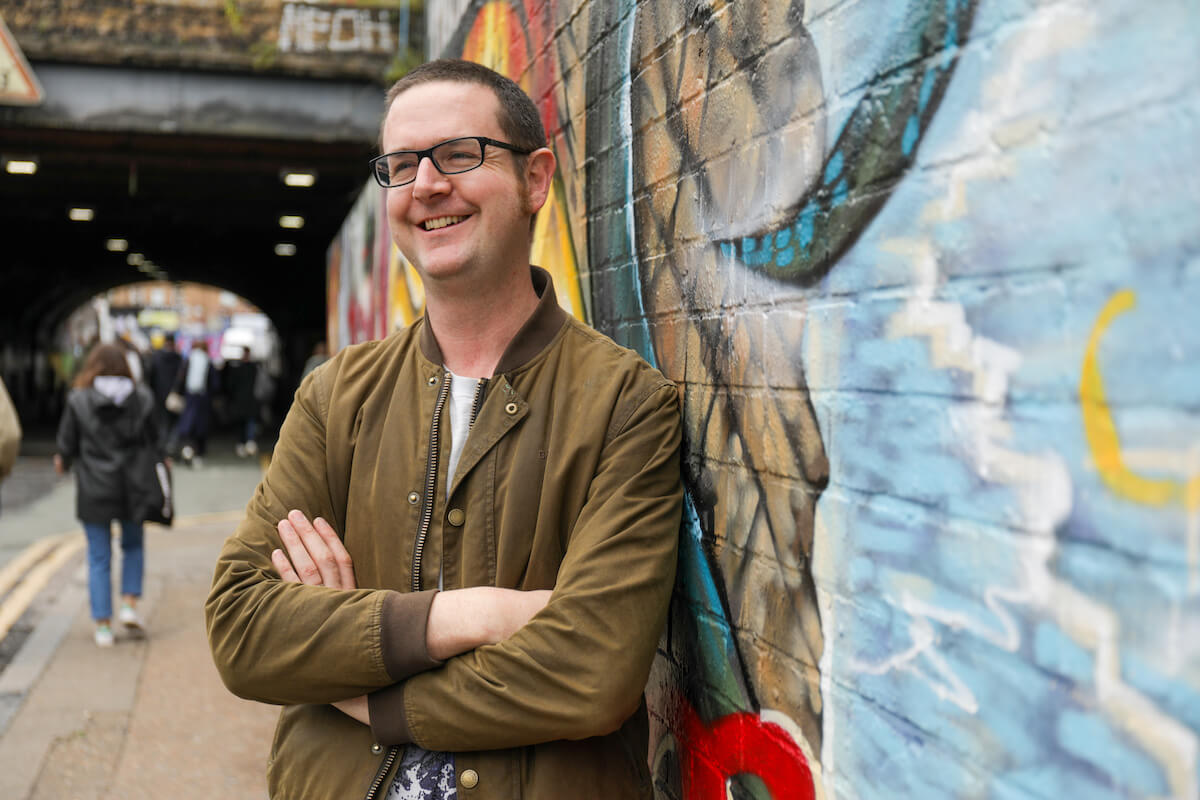
For some, home is a feeling, not a place. Hugh Good left New Zealand at 21 with a backpack, no visa, and a desire to find his roots. 20 years later, he’s returned with a shipping container, a wife and 2 kids. He talks identity, leaving a post-Brexit UK, and the difficulties of uprooting his family to live on the other side of the world.
Wise is a new way of managing your money internationally for a fraction of the price of a bank or PayPal. In our Lives Without Borders series, our customers and community explain how their careers and lifestyles have transcended borders. They share the good, the bad and the unexpected of moving or working between countries.
I never felt particularly from anywhere
I never felt much of an identity with New Zealand. Neither of my parents spent their formative years here. My mother spent her early years in Fiji, and has Pacific Islander heritage, my Dad is a mix of Irish and English. He moved to New Zealand from the UK after World War 2. It’s complicated.
While I love New Zealand, I didn’t always feel I had a strong connection or roots. That’s something that I’ve had to work out over my life. I traveled a lot when I was younger. New Zealand is a long way away from anywhere, and I was looking to be close to something. I think there’s something like 1.5 million New Zealanders living overseas, from a population of a little more than 5 million. Maybe I have more in common with my fellow Kiwis than I thought.
My first trip was to Japan to try and pay off my student loan, unsuccessfully. I briefly returned to New Zealand before leaving for the UK, where I hold a British passport through my Dad. I originally intended to stay 2 years, but this turned into 11. I left for the UK with all my worldly possessions in 3 bags. When I returned, I had a shipping container, a wife and 2 children.
I think having kids made me want to stop being such a nomad. I think it’s a slight compromise. But is it? I’m making decisions for my children and my family more than for me. Previously, it was more about my wanting to see the world and find out a little about myself in the process. Almost to test myself.
Initially it was hard for the kids. Anabelle was settled in school, well connected locally, and had made friends. There is something about those first friendships, which is quite special. But she’s resilient. That’s why she was so excited for our trip back in September. She still speaks to those friends all the time and now she got to see them again.
My son, Emile, is only 3, so he may not really understand everything yet. But it is unsettling. There’s this mental image of where home was, and then suddenly everything changes. When we left, he got quite clingy. They’re getting into the swing of things now, refusing to wear shoes and never dressing for the weather (classic Kiwi traits).
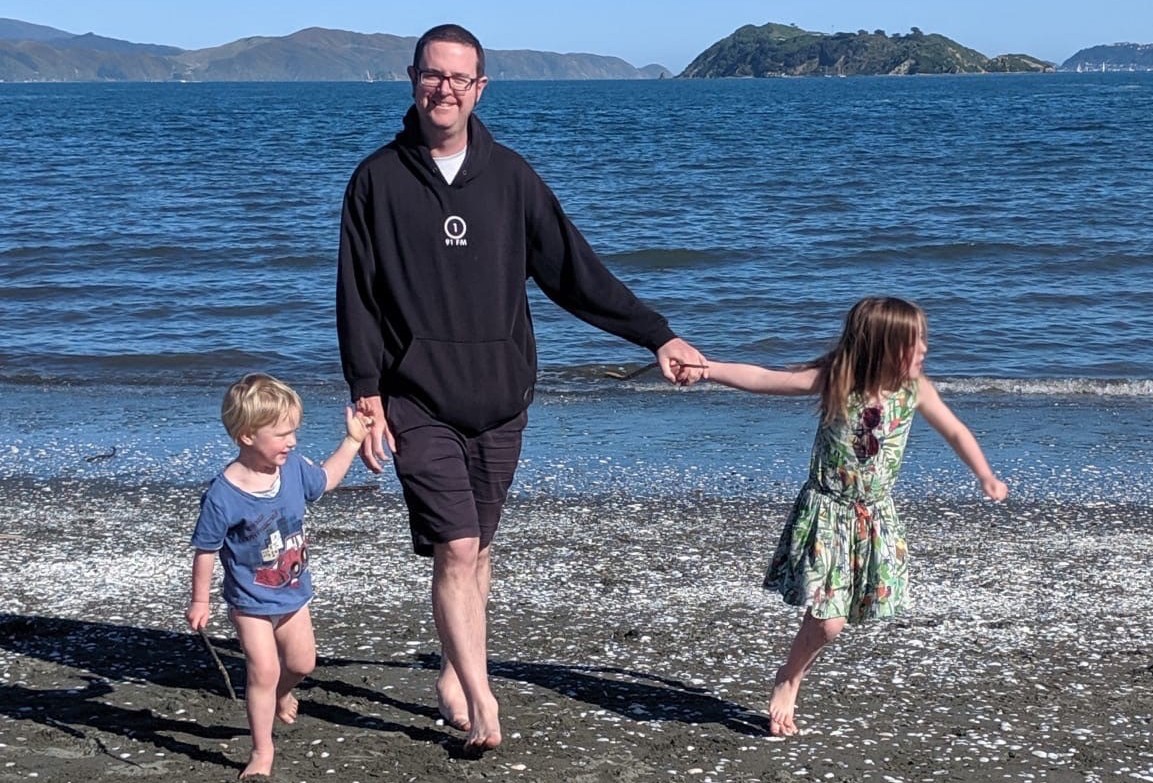
Finding an identity can be hard. I don’t know if I’m completely there yet.
I had already been thinking about moving and then Brexit happened. I remember thinking—the UK is going to need to find itself for the next 10 years. I wish it luck, but felt if we wanted to move this would be a good time.
I was very sad about it. I was working for Ipsos MORI, the polling company. The Brexit shock was compounded by the fact that we called the referendum result the other way, and it was a very international workplace. I remember sitting near a couple of super bright Romanian girls who left soon after Brexit to go home.
The referendum stirred up a lot of discussion around immigration but, despite being an immigrant, I never really felt targeted. There was this gallows humor sense of, “I’m the acceptable face of immigration to the UK,” in that I’m a white, English-speaking person. I didn’t feel unwelcome, but people who were more obviously immigrants, and people that I liked, felt less welcome. It reinforced my decision.
We had to be here in New Zealand for 3 months before our container arrived, so we tried to take everything possible—things like cutlery, sleeping bags. We didn’t know where we were living. When we moved we had to sell our London house, and moved all the proceeds of the sale through Wise. I remember looking at the rates for doing it by a bank and the buy/sell rates were completely awful. I must have saved thousands with Wise. I have previously been paid for freelance work via Wise, too, and it was very easy. It’s a game changer that I can just have a virtual US account. I can’t believe it’s possible.

There’s huge value in exposing yourself to the views of others, challenging yourself on what is normal, asking, “is it?”
I’m a lot better organized now, compared to when I was young. When I left for Japan at 21 I didn’t have a visa so couldn’t legally work. I had the equivalent of 700 New Zealand dollars to my name without a job to go to, or anywhere to live. Things were tight money-wise, and I didn’t have a credit card since I didn’t qualify for one. I could have gone to my folks, I suppose, to wire me some money, but in the end I worked illegally. Getting paid, it was all cash. I stashed bundles of 10,000 yen notes in my dirty laundry as I couldn’t open a bank account without a visa.
Travel has had a massive impact on my life. There’s huge value in exposing yourself to the views of others, challenging yourself on what is normal, asking, “is it?” I love interacting with international people. The world is so interconnected now. The advent of platforms such as Upwork is quite exciting, providing the opportunity to connect with people from all over the world.
Finding an identity is a process, and I don’t know if I’m completely there yet. I had a conversation with someone, a Brit living in the USA, agonizing about not feeling like I ‘belonged’ anywhere. She said , “I don’t feel especially British or American. But you just find your people wherever you are, and go and live there.”
I don’t know who my people are. I guess I’m finding them at the moment, and I think some of them are in Wellington.
As told to Chris Hockman, photography by Alex Negueruela.
*Please see terms of use and product availability for your region or visit Wise fees and pricing for the most up to date pricing and fee information.
This publication is provided for general information purposes and does not constitute legal, tax or other professional advice from Wise Payments Limited or its subsidiaries and its affiliates, and it is not intended as a substitute for obtaining advice from a financial advisor or any other professional.
We make no representations, warranties or guarantees, whether expressed or implied, that the content in the publication is accurate, complete or up to date.
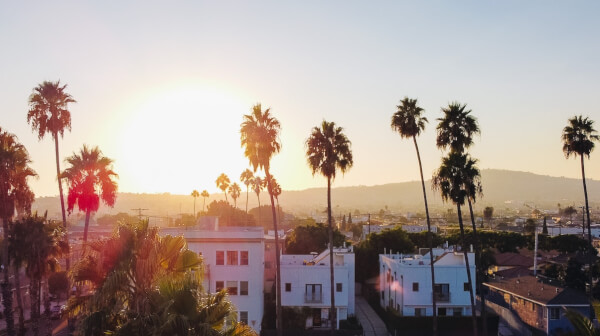
Is it good for us to aggressively Google what it would cost to live in a luxury mansion in Beverly Hills? Probably not, but we’re going to do it anyway.

Living abroad comes with its own challenges but in that, its rewards and opportunities — whether they are professional, personal, or financial. We spoke to...

After working in Japan and the United States, Creative Director Ben Sheppee returned to London to open a studio and develop his business. His innovative work...
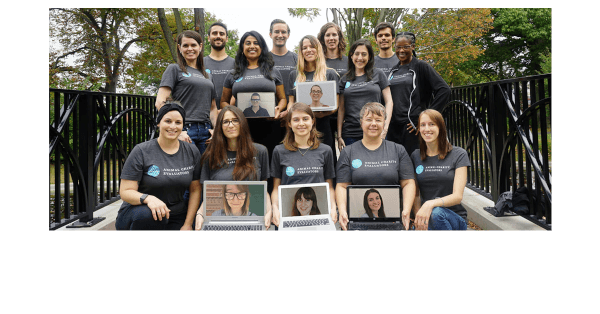
Seven years into her career as an engineer, Gina Stuessy decided she wanted to have more of an impact on the world. So she took the plunge, quit her job, and...

After spending almost a decade working in fashion and the movie industry in Los Angeles, Dominique V. Richardson sought a change. He packed up his bags and...
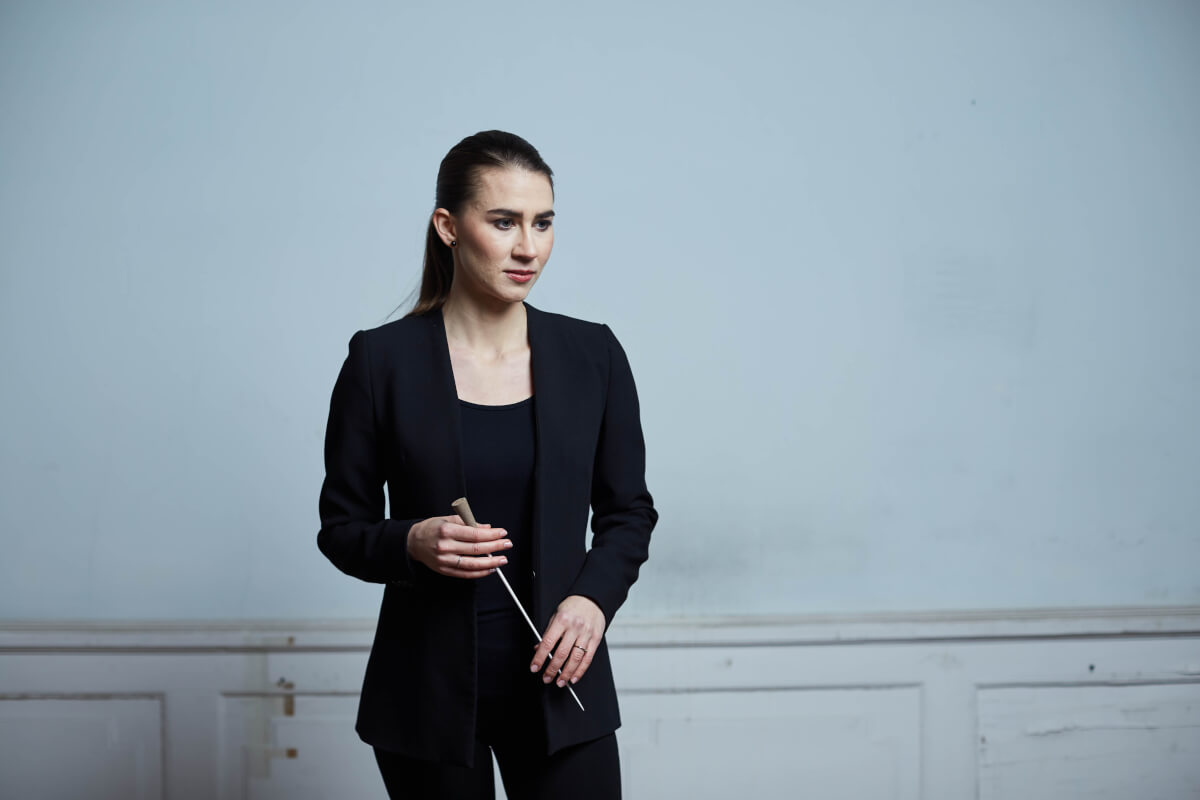
For Polish orchestral conductor Marta Gardolinska, sitting on a plane is just part of the job. At least, it was until COVID-19 cancelled concerts around the...